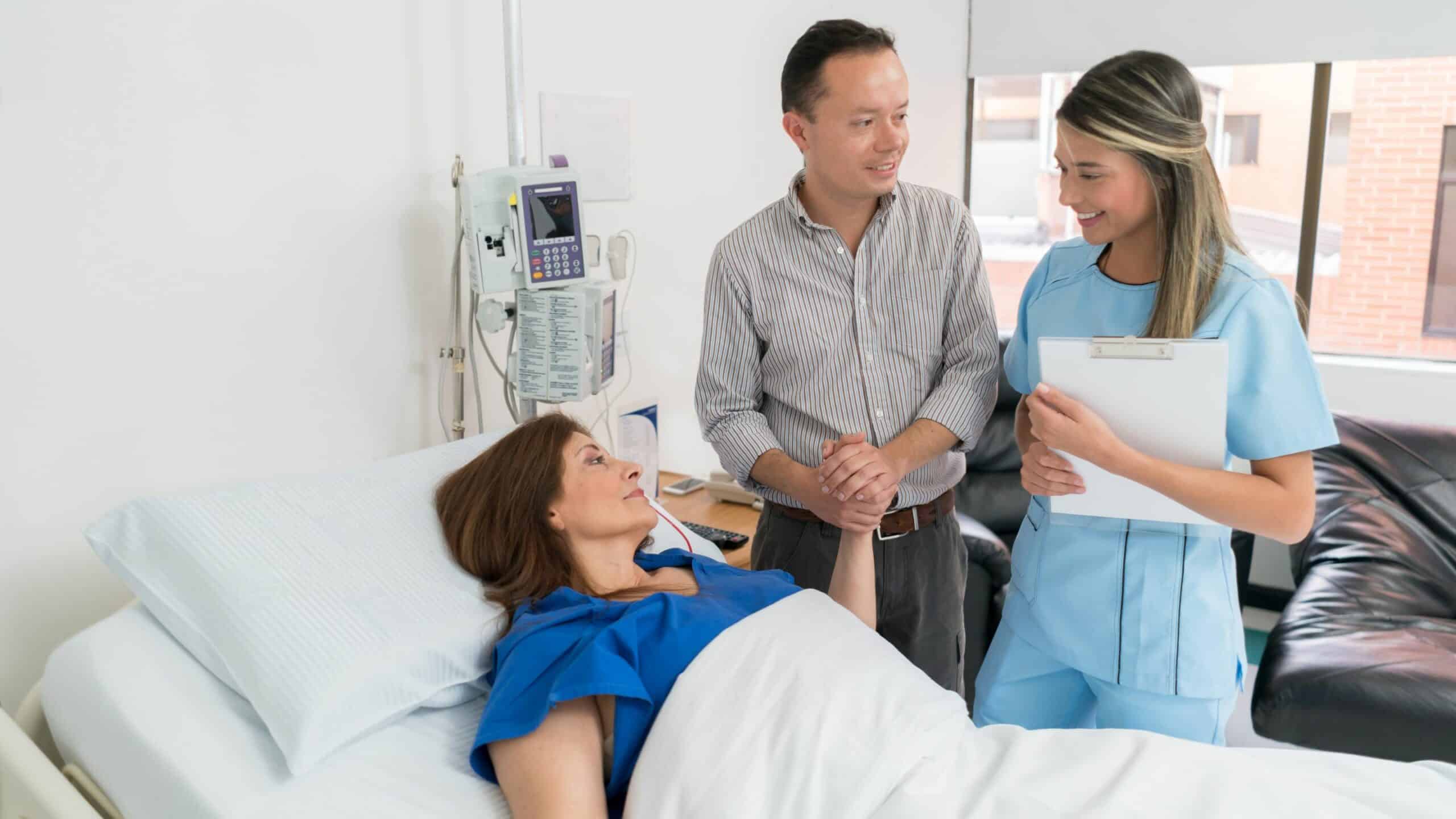The financial and human cost of substance abuse has been steep. The estimated cumulative costs of substance abuse, factoring in the costs of crime, healthcare, and lost work productivity, are approximately $700 billion annually (Tong et al., 2017). Meanwhile, CDC’s National Center for Health Statistics reported that in the United States during the 12-month period ending in April 2021, there were an estimated 100,306 drug overdose deaths, an increase of 28.5% from the 78,056 deaths during the same period for the previous year.

In order to prevent ongoing loss of life and the widening of the treatment gap, the number of physicians trained in addiction treatment must be increased. This can be achieved by incorporating addiction medicine training into all levels of health professional education. The US Surgeon General’s Report (2016), Facing Addiction in America, calls for better integration of substance misuse and substance use disorder treatment into mainstream practice and for correspondingly increased training for physicians and all other healthcare team members, including undergraduates, graduates, postgraduates, and professionals.
Physicians’ scope of practice is largely influenced by their training; thus, residency training is important in teaching physicians how to provide SUD treatment. A study by Louis, Worringer, and Barr in 2020 showed that despite the effectiveness of buprenorphine treatment for opioid addiction, only 2.2% of US physicians have the required DEA-X waiver to be able to prescribe it. It was noted that 38.5% of residents who received buprenorphine training in residency continued to prescribe after residency, while zero respondents who had not received training in residency prescribed buprenorphine (Louis, Worringer & Barr, 2020). Additionally, Tong et al. (2018) proved that a strong correlation existed between residency training in buprenorphine and future prescribing of the medicine in practice. A study in California demonstrated that physicians who completed an addiction medicine rotation during their training were more confident in providing care for those with substance use disorders (Reddy et al., 2015).
Quite often, resident physicians are the direct care providers for many patients with addiction. In a 2013 study by Wakeman et al., residents estimated that 26% of inpatients they cared for met the criteria for a SUD, 25% of residents felt unprepared to diagnose, and 62% felt unprepared to treat addiction. Only 13% felt very prepared to diagnose addiction, while no residents felt very prepared to treat addiction (Wakeman et al., 2013). Unfortunately, Ayu et al. (2015) found that addiction medicine training primarily exists in psychiatry and family medicine residencies and is severely lacking in other residencies.

Limiting trainees’ exposure only to patients with addiction who are in crisis deprives them of the chance to learn about the entire disease spectrum, including prevention and remission. These challenges are compounded by inadequate curricular time devoted to addiction medicine as well as an absence of trained faculty.
The provision of addiction medicine services has been historically segregated from general medical care, with specialized mental health professionals undertaking the majority of addiction care. As early as 1972, the medical community called for the development of comprehensive drug and alcohol education for medical students as well as medical residents (Confusione et al., 1982). However, there was a reluctance to include substance abuse training in medical education because of stigma and negative attitudes toward the substance abuser by some members of the medical community (Confusione et al.,1982).
Still today, researchers have found that many primary care physicians are uncomfortable with providing addiction treatment. Therefore, many primary care physicians do not often treat addiction issues (Tong et al., 2017). A national survey in 2000 found that less than 20% of primary care physicians felt prepared to identify SUDs, and more than 50% of patients with SUDs felt that their primary care physician did not address their SUD (Tong et al., 2017). It is believed that a significant factor contributing to this issue is inadequate substance abuse training in postgraduate residency programs.
A myriad of issues may affect the treatment of persons suffering from addiction by those untrained in addiction care. Primarily, the treatment administered to persons afflicted with SUDs by physicians untrained in substance abuse is often fragmented and of low quality. Additionally, treatment may be hampered by the stigmatization of substance abusers, lack of confidence in their intervention skills, inadequate office-based assessment and treatment resources, lack of referral resources, confusion as to what constitutes alcohol misuse, skepticism about the effectiveness of alcohol counseling, fear that asking about substance use may harm the doctor-patient relationship, and a lack of knowledge of community resources (Seale et al., 2010).

In order to empower healthcare personnel to feel comfortable and willing to treat substance use disorders, training in addiction treatment needs to be integrated across all levels of health education and offered in a variety of treatment settings. Students and other trainees are frequently introduced to SUD in the general medicine wards or in the emergency department where patients are in crisis as opposed to interacting with them in stable, long-term addiction treatment. Their disproportionate exposure to escalated substance use, such as opioid overdose, can reinforce the stigma surrounding the disease, the individual, and the treatment.
The Addiction Training for Health Professionals (ATHP) program, a program at the Frank Foundation, supports addiction education by providing materials for free that can be used by residency programs that lead to addiction specialization, including psychiatric and preventive medicine residencies.
As part of the Fellows Program, ATHP has established a global, interprofessional team of residents, researchers, and educationalists who create educational content directly, review course components, conduct and present research based on substance use, addiction, and mental health education, and explore innovation in healthcare education. ATHP fellows all share the common interest of preventing and treating substance use disorders and come together to learn, create, and share their ideas and knowledge. The team includes medical doctors, Ph.D. students, and post-docs pursuing work and learning about substance use disorders.

The Virtual Visiting Scholars Program at ATHP provides a visiting scholar to an under-resourced psychiatry or preventive medicine residency program. The visiting scholar engages program directors and faculty in evaluating the residency curriculum related to addiction and making recommendations to improve the addiction content. This project is led by Dr. Scott Oakman, Co-Chair of the Addiction Committee of the American Association of Directors of Psychiatric Residency Training (AADPRT).
In order to close the treatment gap of substance use disorders and reduce the number of deaths resulting from addiction, there is an urgent need to increase the number of physicians who are well-trained in addiction treatment. One of the most effective ways to accomplish this is through residency training focused on SUD prevention and treatment. ATHP provides opportunities for residents to receive training in addiction treatment through quality courses that other learning communities build upon, decreasing costs for learning communities during their residency training with the goal of increasing the numbers of physicians and other health workers capable of diagnosing, treating, and preventing SUDs. This has the potential to save countless lives.
In our next blog, we discuss the ways in which ATHP addresses physician shortage through a robust public health approach. Stay tuned!
Visit our website at https://athp.nextgenu.org/ for more information on the work of the Addiction Training for Health Professionals program.
Dr. Glenda Niles
Author

